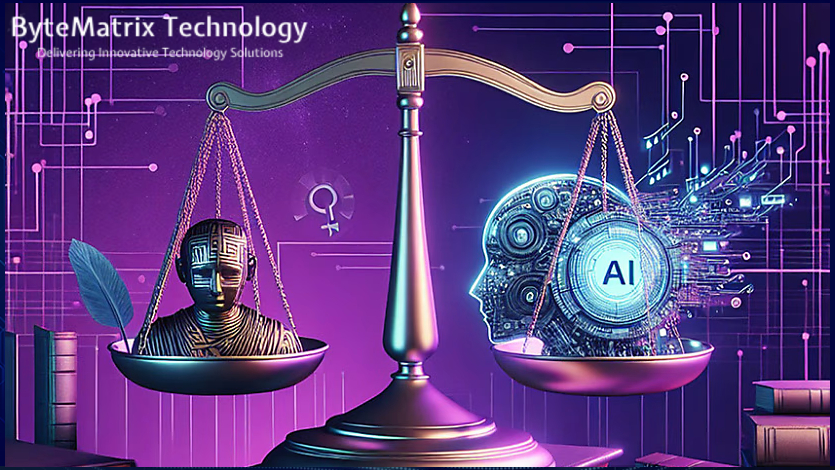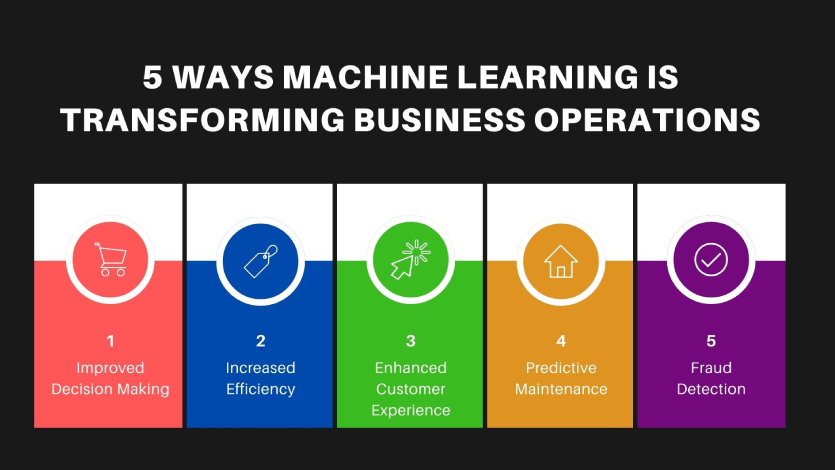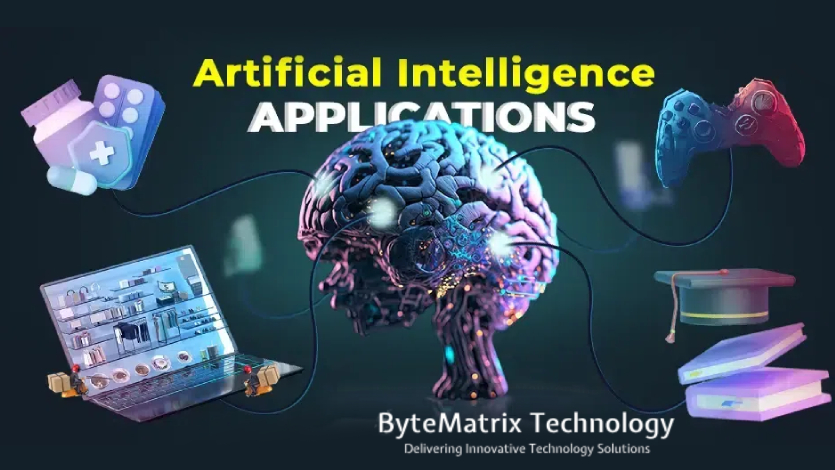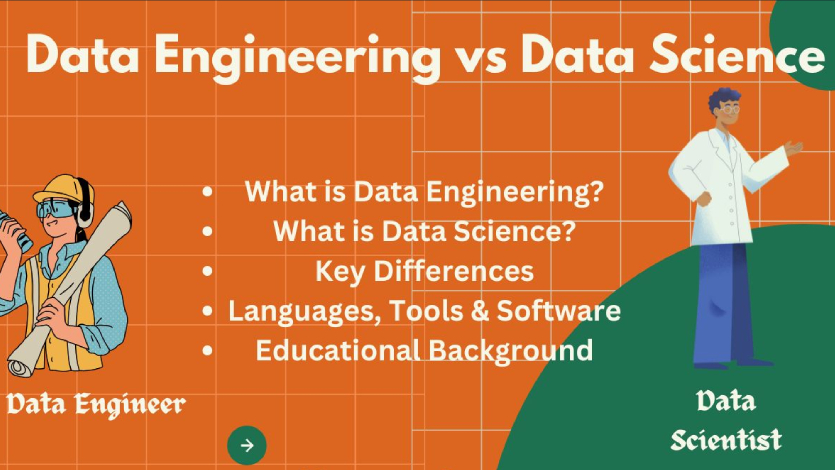
Artificial Intelligence (AI) is transforming nearly every aspect of modern life—healthcare, business, education, entertainment, and beyond. Its ability to process massive amounts of data and generate insights is driving innovation at an incredible pace. But with this progress comes an equally important responsibility: ensuring that AI is developed and used ethically.
As we move deeper into the AI era, the conversation is shifting from what AI can do to what AI should do. The challenge is to balance innovation with responsibility, so that AI serves society fairly and transparently.
Why Ethical AI Matters
AI systems make decisions that impact people's lives, sometimes in ways that are invisible but deeply significant. From deciding whether someone gets a loan to recommending medical treatments, AI can shape outcomes with long-term consequences.
Without proper safeguards, AI may:
This is why ethical AI is more than just a technical issue—it's a societal priority.
The Key Principles of Ethical AI
Fairness and Bias Reduction
AI systems are only as good as the data they're trained on. If the data carries bias, the system will reflect it. For example, biased hiring algorithms may disadvantage women or minorities if past hiring data skews in that direction.
Building fair AI means actively identifying, testing, and minimizing bias. Companies must ensure diverse and representative datasets and implement regular audits.
Transparency and Explainability
One of the biggest challenges with AI is the “black box” problem—users don't always understand how decisions are made. Ethical AI requires transparency, where decisions can be explained in human terms.
For example, if an AI system denies someone a mortgage, they deserve to know why. Explainable AI builds trust and accountability, especially in sensitive areas like finance, healthcare, and law.
Privacy and Data Protection
AI relies on massive amounts of data to function effectively, but this raises concerns about how that data is collected, stored, and used. Ethical AI respects privacy by using strong encryption, limiting data collection, and ensuring compliance with regulations such as GDPR.
Users should always have control over their own data, with clear consent and the ability to opt out.
Accountability and Governance
Who is responsible if an AI system causes harm? Ethical AI frameworks demand clear accountability. Organizations must establish governance structures that define ownership, responsibility, and consequences when AI systems fail.
Governments are beginning to introduce regulations around AI accountability, but businesses must also adopt proactive self-regulation.
Human-Centered Approach
AI should enhance human capabilities, not replace them entirely. Ethical AI prioritizes human well-being by designing systems that support workers, improve services, and empower individuals rather than undermining their autonomy.
Real-World Examples of Ethical AI in Action
These efforts demonstrate that innovation and ethics can go hand in hand.
The Road Ahead: Building Trust in AI
For AI to reach its full potential, people need to trust it. That trust can only be earned through responsible design, deployment, and governance. Ethical AI is not about slowing down innovation—it's about ensuring innovation benefits everyone.
The future will likely see:
Conclusion
AI is one of the most powerful technologies of our time, but with great power comes great responsibility. The challenge is not just building smarter machines, but building fairer, safer, and more transparent systems.
By focusing on fairness, transparency, privacy, accountability, and human-centered design, businesses and governments can strike the right balance between innovation and responsibility






